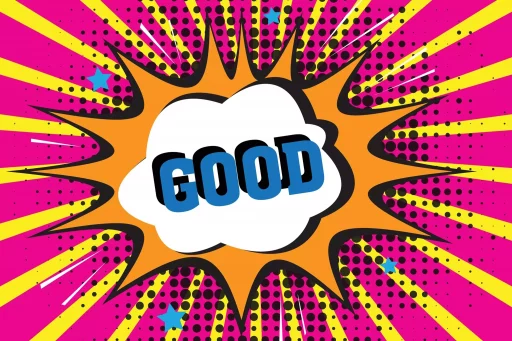Introduction
Language evolves, and with it, the meaning and acceptance of certain words can change drastically over time. One such term gaining attention is the ‘R word.’ Initially used casually in conversation, it has now become a subject of controversy. This article explores what the ‘R word’ is, its implications, and why understanding its usage matters.
What is the ‘R Word’?
The ‘R word’ typically refers to the term “retard” or “retarded.” Traditionally, it was used in medical and psychological contexts to denote developmental delays. However, over time, it has been adopted into slang, often used as a derogatory insult against someone perceived as foolish or incompetent.
The Evolution of the ‘R Word’
The transition of the ‘R word’ from a clinical term to a slang term illustrates the shifting landscape of language:
- Historical Usage: In the early 20th century, ‘retarded’ was a common term in educational and medical discussions.
- Slang Adoption: By the late 20th century, the term began to be used as a pejorative, disconnected from its clinical roots.
- Contemporary View: Today, many advocate for the complete abandonment of this term due to its negative connotations and impact on individuals with intellectual disabilities.
Why is the ‘R Word’ Offensive?
Using the ‘R word’ in a derogatory manner perpetuates stigma against individuals with intellectual disabilities. The impact of this language can be damaging, both socially and psychologically. Consider the following points:
- Stigmatization: Using the word reinforces outdated stereotypes about people with intellectual disabilities.
- Emotional Impact: Many individuals and families affected by disability find the word deeply hurtful.
- Encouraging Respect: Language can shape attitudes; promoting respectful communication can help reduce stigma.
Case Studies and Statistics
To better understand the impact of the ‘R word,’ let’s look at some relevant statistics and case studies:
- Google Trends Analysis: A recent Google Trends analysis showed a marked increase in searches related to the phrase “r-word campaign,” indicating a growing awareness and response to this issue.
- Special Olympics Campaign: The Special Olympics launched a campaign to ban the use of the ‘R word.’ Their findings indicated that 98% of people with intellectual disabilities reported feeling disrespected by the term.
- Research by the National Down Syndrome Society: A survey from this organization revealed that 76% of parents of children with disabilities supported efforts to eliminate the use of the ‘R word’ from everyday language.
Alternatives to the ‘R Word’
While changing our vocabulary may not be an overnight process, it is essential to adopt more respectful language. Here are some alternatives to consider:
- Intellectual Disabilities: Use this term when discussing individuals who may have cognitive challenges.
- Developmental Delays: This phrase is appropriate when speaking about children or individuals whose development is behind typical milestones.
- Neurodivergent: This term encompasses a broader spectrum, acknowledging neurological variations including various conditions like autism.
Conclusion
The ‘R word’ is more than just a slang term; it holds the potential to create division, stigmatization, and hurt among individuals and communities. As our society strives toward inclusivity, it is crucial to be mindful of our language. Together, we can create a more respectful dialogue that reflects our commitment to understanding and supporting everyone, regardless of their capabilities.


